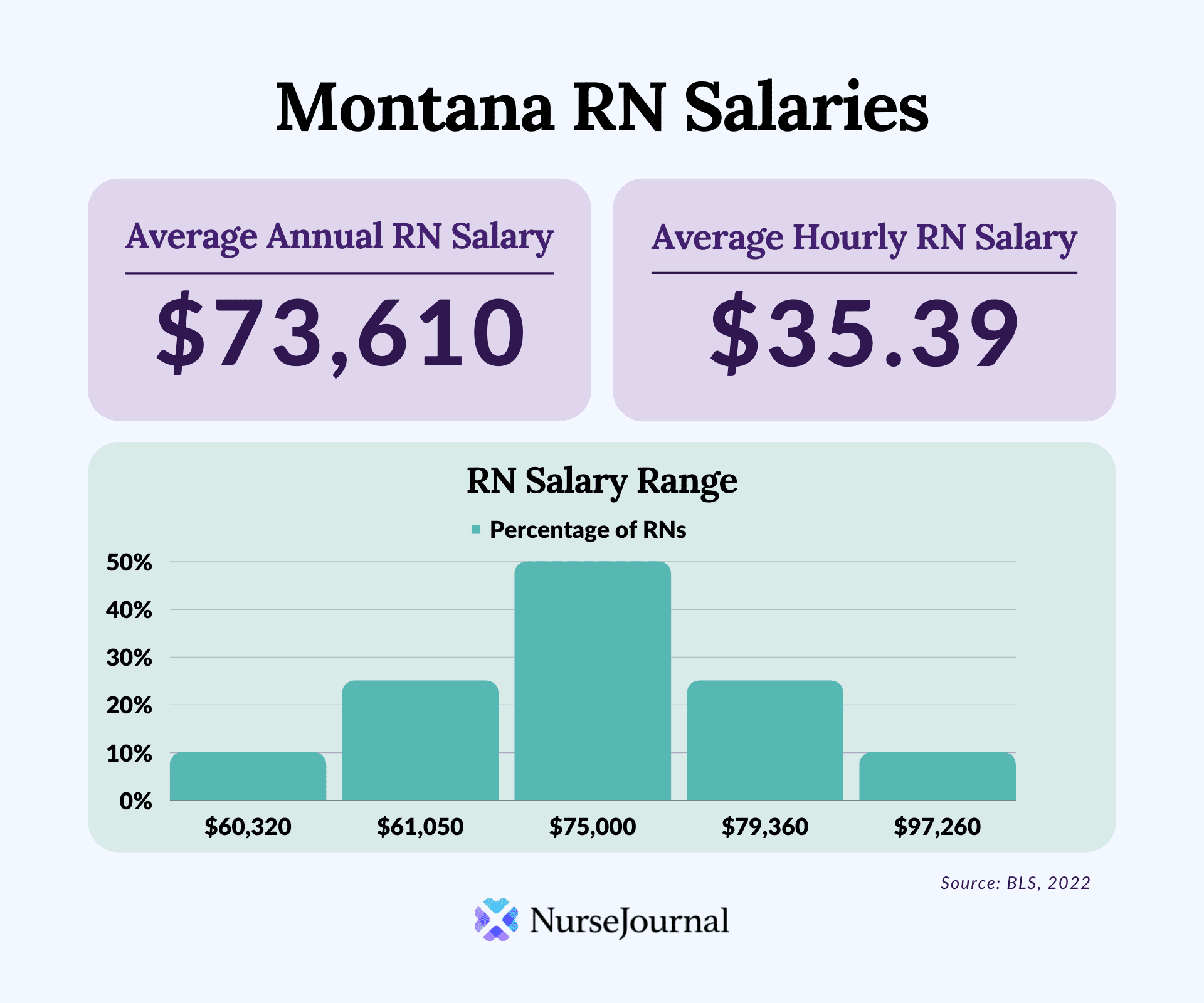Montana, a state renowned for its stunning natural beauty, offers a diverse job market with a range of salary potentials.1 While the cost of living can be relatively affordable, particularly in rural areas, understanding the nuances of the state’s economy is essential for maximizing earning potential.
Key Industries and Salary Potential
Tourism and Hospitality: Montana’s breathtaking landscapes, world-class skiing, and abundant outdoor recreation opportunities draw tourists from around the globe. This thriving tourism industry fuels a demand for workers in hotels, restaurants, lodges, and recreational facilities. While entry-level positions might offer lower wages, managerial roles and skilled positions, such as chefs, bartenders, and tour guides, can offer competitive salaries, especially in high-end establishments and popular tourist destinations.
Natural Resources: Montana’s rich natural resources, including timber, minerals, and energy, drive a significant portion of the state’s economy. Jobs in mining, forestry, and energy production, particularly in specialized roles like engineering, geology, and environmental science, can offer lucrative compensation packages. However, these industries are often cyclical and can be affected by market fluctuations and regulatory changes.
Agriculture: Agriculture remains a cornerstone of Montana’s economy, especially in rural areas. While traditional farming and ranching jobs may not offer high salaries, positions in agricultural technology, research, and management can be more lucrative. The state’s increasing focus on sustainable agriculture and organic farming has opened up new opportunities for skilled workers.
Healthcare: Montana’s healthcare sector, particularly in urban areas like Billings and Missoula, offers a wide range of job opportunities, from frontline healthcare workers to specialized medical professionals.2 The state’s commitment to rural healthcare and telemedicine has led to increased demand for healthcare providers in smaller communities, which can often offer competitive salaries and benefits packages to attract and retain skilled professionals.
Education: Montana’s public school system and higher education institutions provide a variety of employment opportunities for teachers, professors, and administrative staff.3 While salaries can vary depending on experience, location, and educational attainment, the state’s commitment to education often leads to competitive compensation packages, especially for faculty members and researchers at prestigious universities like the University of Montana.
Geographic Variations in Salaries
Urban Areas: Urban areas like Billings and Missoula generally offer higher salaries due to a concentration of industries, businesses, and professional opportunities.4 The presence of major healthcare facilities, universities, and government agencies in these cities contributes to higher earning potential.
Rural Areas: While rural areas in Montana may have lower average salaries, the cost of living is often significantly lower as well.5 However, specialized skills and experience can still command premium wages, even in rural settings. For example, healthcare professionals in rural areas may receive higher compensation to offset the challenges of practicing in underserved communities.
Factors Influencing Salary Growth
- Education and Certifications: Advanced degrees and industry certifications can significantly boost earning potential, especially in fields like engineering, technology, and healthcare. Investing in education and training can lead to higher-paying jobs and career advancement.6
- Professional Development: Continuous learning and skill acquisition are crucial for career growth and salary advancement.7 Staying up-to-date with industry trends, attending conferences, and pursuing additional certifications can enhance one’s marketability and earning potential.8
- Networking: Building strong professional relationships can open doors to new opportunities and help individuals advance their careers.9 Attending industry events, joining professional organizations, and leveraging online platforms like LinkedIn can be effective strategies for networking.10
- Negotiation Skills: Effective negotiation can help individuals secure higher salaries and better benefits packages. It’s important to research industry standards, understand one’s value, and confidently advocate for fair compensation.
- Flexibility: Remote work and freelance opportunities can offer additional income streams and career flexibility, especially in technology and creative fields.11 The ability to work remotely can allow individuals to take advantage of higher-paying jobs in other regions or start their own businesses.
By understanding the nuances of Montana’s salary landscape and leveraging the available resources, individuals can make informed career decisions and work towards achieving their financial goals.




